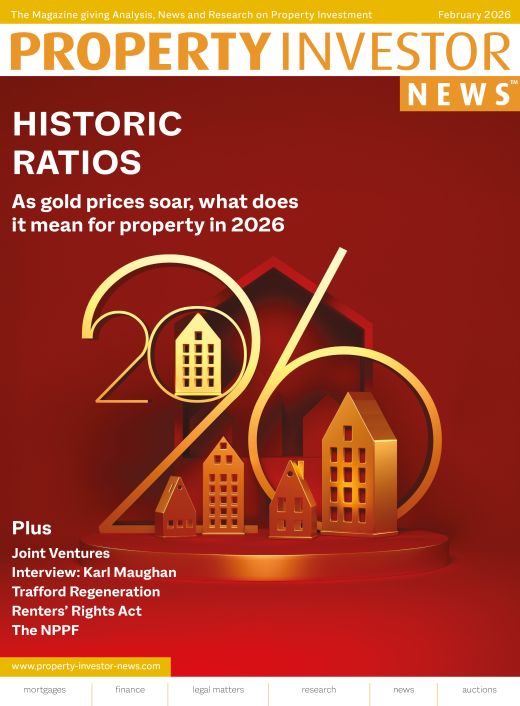As I get older, someone seems to be squishing all the Christmases closer together (I suspect it may be the same dark force that’s been shrinking my clothes every year). After all, it can only have been six months since the last one, and frankly, I’m only just past the stage of wondering if there’s any turkey left in the fridge. I can even remember where I stored the Christmas lights. Yet, for once, as we head towards the season of goodwill, I genuinely feel that Christmas has arrived early for us property types.
Now, if you’re a landlord or property investor, there’s a fair chance you’ll think I’ve gone crackers. What exactly are these glad tidings that I had in mind? The increased regulatory burden probably wasn’t top of your Christmas list, and no matter how much tinsel you throw at it, I suspect the punishing tax hikes didn’t come as a welcome present either. You’d have rather had socks. But where the traditional buy-to-let model has become all but untenable, there’s another part of the property industry where things have gone in quite the opposite direction. In fact, not only is it a sector that has recently become more accessible, but it’s also one that the government is actively encouraging property investors to participate in. Who’d have thought it? The sector in question is small-scale property development, and if you’re thinking, ‘that’s all well and good, but I’m not a property developer’, then let me enlighten you a little. You might be surprised to discover that you’re closer to being a property developer than you think.
So, what exactly is a small-scale development when it’s at home? Well, these developments are effectively one step up from doing a flip or a refurb, which tends to involve taking a single property and doing it up for a profit. In contrast, a small-scale development involves building several homes on a small plot or converting an existing commercial building into residential, for example, converting a shop’s uppers into flats or turning an office building into apartments.
The commercial conversion route is currently a far more attractive proposition than taking on a new build. That’s because the government has thoughtfully introduced new permitted development rights that allow you to change the use of these buildings without requiring full planning permission. It means you can avoid the many vagaries of our broken planning system and proceed more quickly and with less risk. And you’ll have already noticed there’s a considerable volume of empty shops and commercial properties up and down the country that are ripe for conversion.















